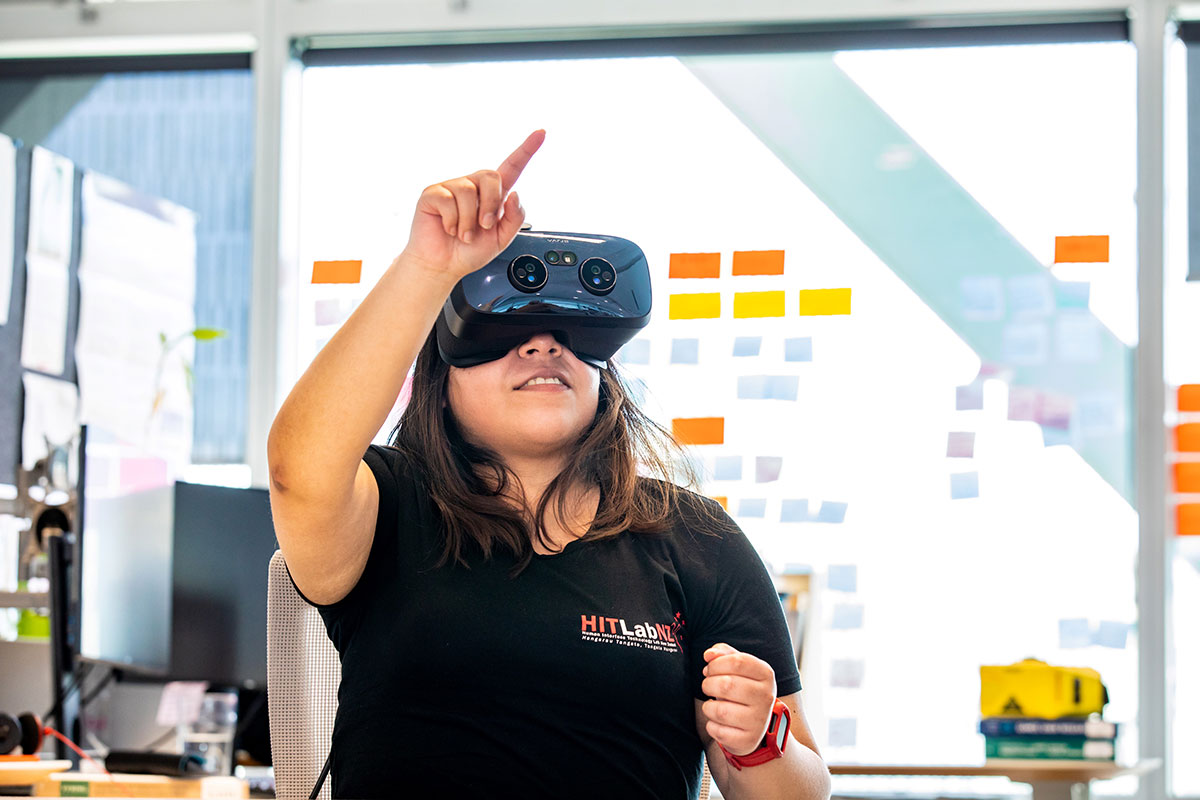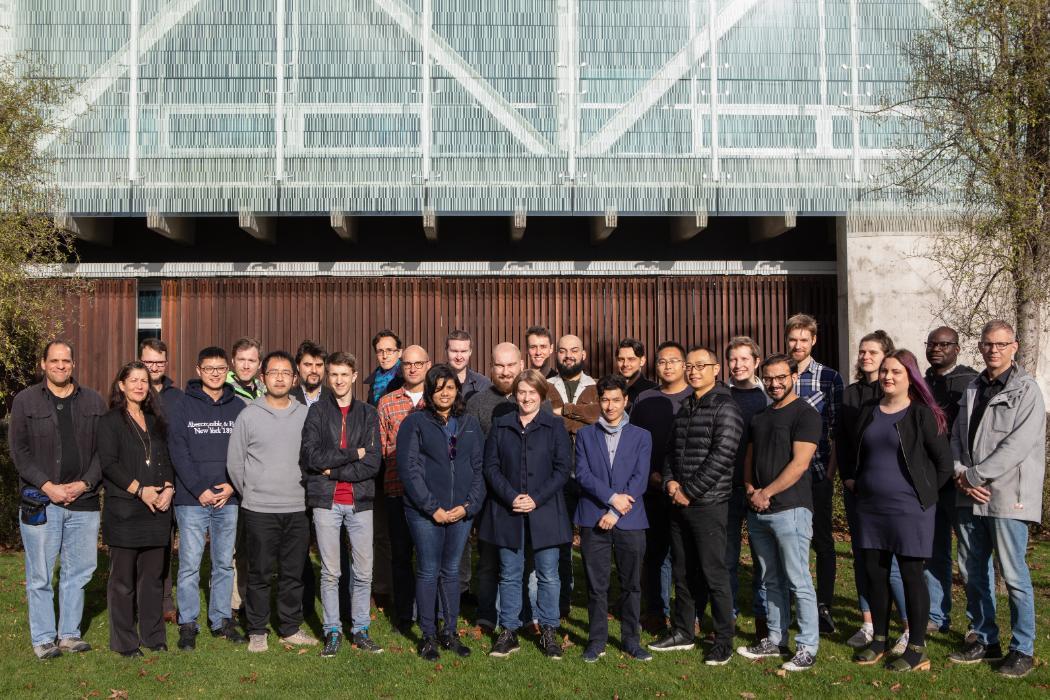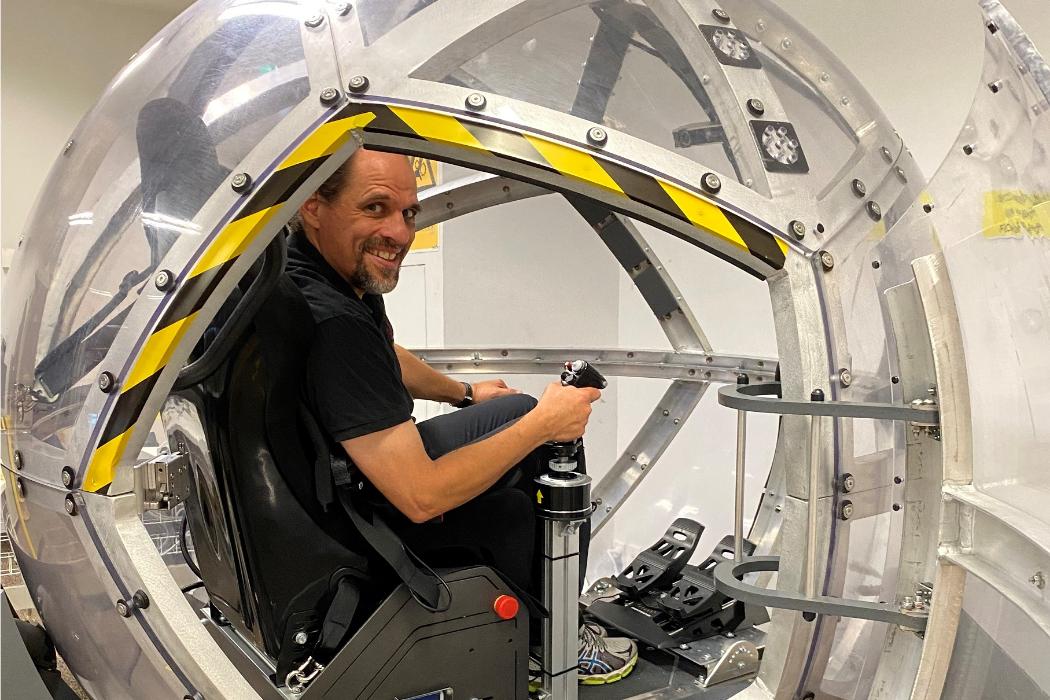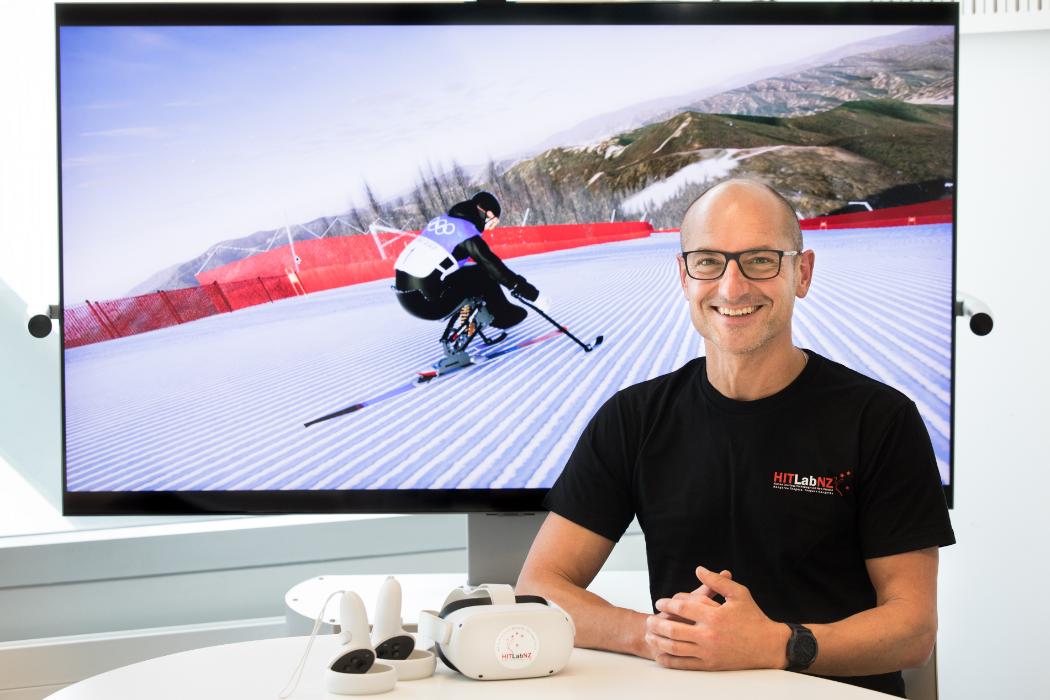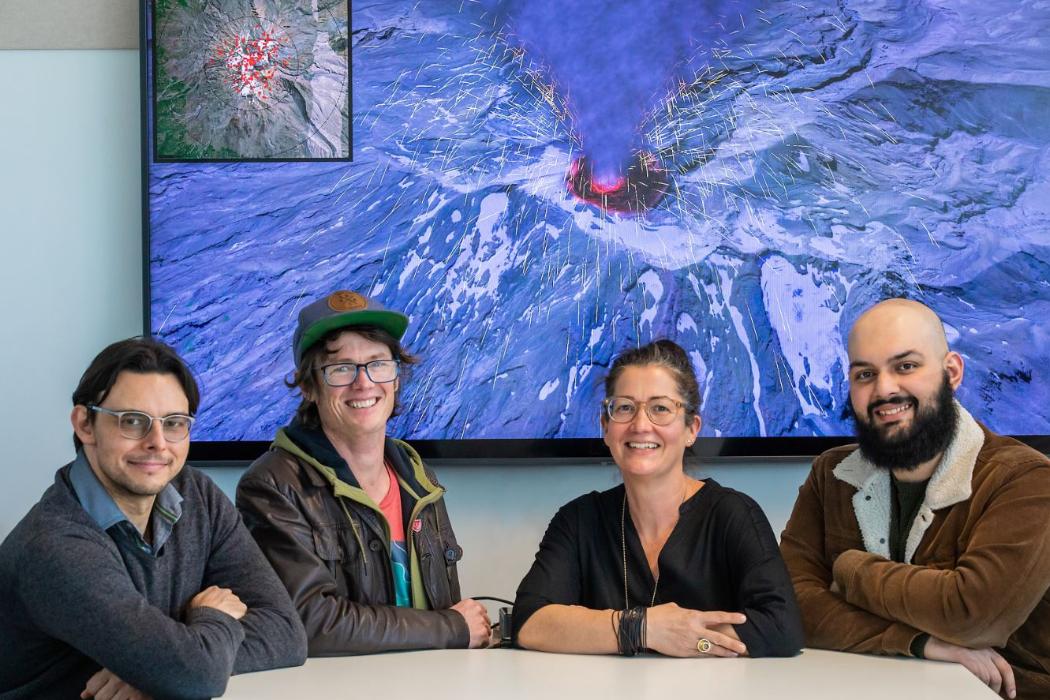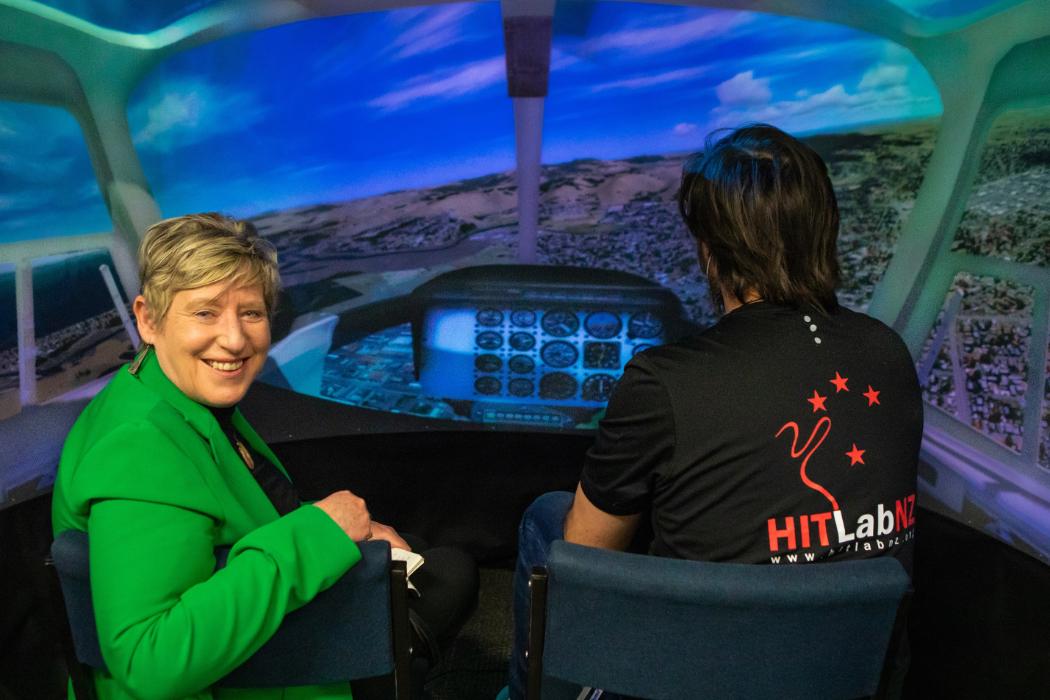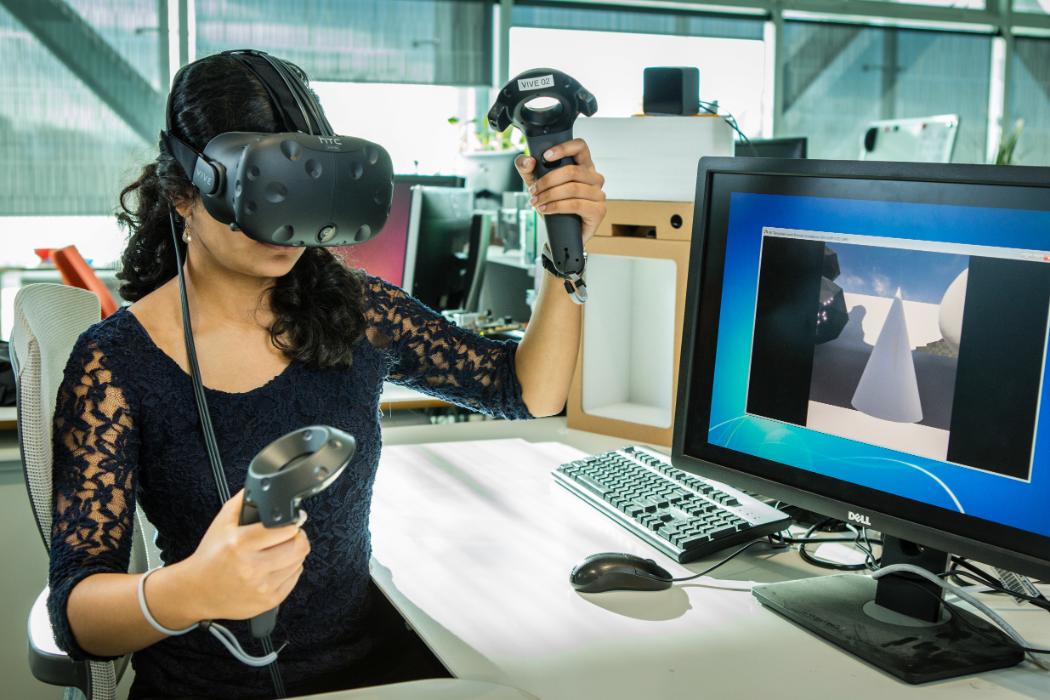The Human Interface Technology Laboratory New Zealand (HIT Lab NZ) is an international, multidisciplinary research centre that designs new ways to support people in everyday life with advanced technologies such as virtual reality (VR), augmented reality (AR), and applied immersive game design. Learn more about the Human Interface Technology Lab NZ.
About HIT Lab NZ
HIT Lab NZ is a research centre at Te Kaupeka Pūhanga | Faculty of Engineering, at Te Whare Wānanga o Waitaha | University of Canterbury. We have been operating since 2002 and are recognised internationally as a leader in Human Interface Technology research and education.
Human Interface Technology takes a human-centred approach to the analysis, design, and development of interactive technologies to improve the human experience, and to meet users’ needs.
Mission Statement
Our mission is to support and empower people through the study, invention, development and dissemination of knowledge, technologies and processes that solve human interface technology problems and have a positive social impact in a globally-aware context.
We aspire to this by:
- Providing multidisciplinary, project-based experiences for students.
- Maintaining a world-class centre of excellence for human interface technology research.
- Developing and transitioning to industry leading-edge human-computer interfaces to accelerate economic development in Aotearoa New Zealand.
What We Do
Research
As the largest interaction lab in New Zealand, HIT Lab NZ provides researchers and students with access to a wide range of cutting-edge equipment and facilities for experiments that explore, design and develop novel interactions across the following technologies.
- Virtual Reality
- Augmented / Mixed Reality
- Applied Games
- Artificial Intelligence
- Haptics
HIT Lab NZ engages in projects with partners, both nationally and internationally, from industry, academia, and government. We collaborate with many sectors including health, education, high-performance sports, gaming, disaster management, transportation, environment, and tourism.
Many research projects are in collaboration with external partners and embedded in real-world use cases.
Education
HIT Lab NZ offers two postgraduate research degrees in the field of Human Interface Technology:
Our programmes focus on equipping students with the skills and knowledge to address real-world challenges. Our graduates go onto work as:
- User experience design professionals
- AR & VR developers
- Software developers
- Senior product designers
- Head researchers
- Consultants
- Academic researchers.
Who We Are
Support our Scholarships
As an applied research centre, most projects are funded by external organisations and/or research grants. If you want to support our research or students, donations can be made to HIT Lab NZ through the UC Foundation.
